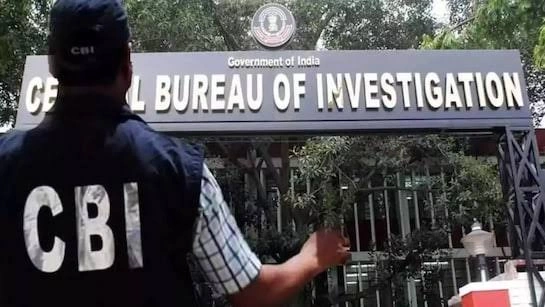A special CBI court in Ahmedabad has sentenced Jeevangine Srinivasa Rao (J.S. Rao), former Chief Manager of Bank of India, SM Road Branch, Ahmedabad, to three years in prison and imposed a fine of ₹1.5 lakh for his involvement in a bank fraud case.
CBI Investigation and Charges
The Central Bureau of Investigation (CBI) had registered a case against J.S. Rao and others on October 30, 2003. The case was based on allegations of criminal conspiracy, cheating, forgery of valuable security, and criminal misconduct under the Prevention of Corruption Act.
According to the CBI, private individuals involved in the conspiracy submitted fake collateral security to secure a loan. They also opened a bank account in the name of a machinery supplier and deposited a cheque issued by the bank for purchasing the machinery. J.S. Rao, in his capacity as a public servant, failed to conduct due diligence before sanctioning the loan. Additionally, he allegedly destroyed documents related to the fake collateral security submitted by the borrower.
Fraudulent Loan Sanctioning
The investigation revealed that J.S. Rao had sanctioned a total loan of ₹80 lakh in favor of private individuals through fraudulent means. The loans included:
- ₹30 lakh as working capital
- ₹25 lakh as a Letter of Credit (LC)
- ₹25 lakh as a term loan
These loans were granted based on forged and bogus collateral security, leading to a wrongful loss for the bank and an illegal gain for the accused individuals. The CBI also found that Rao did not conduct proper pre-sanction and post-sanction inquiries into the private firm’s business activities. Despite knowing that the firm had previously submitted fake collateral security, he accepted additional fraudulent documents, including an equitable mortgage for a plot in Gandhinagar.
Court Verdict
After completing the investigation, the CBI filed a chargesheet on December 23, 2005. Following the trial, the court found J.S. Rao guilty and sentenced him to three years of imprisonment, along with a fine of ₹1.5 lakh.
The case highlights the importance of strict due diligence in the banking sector and the legal consequences of financial misconduct.
